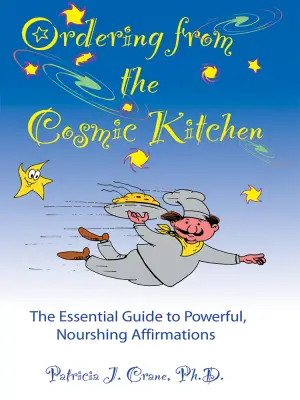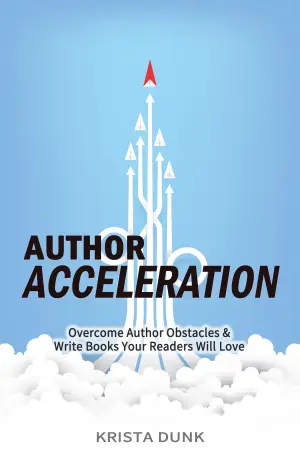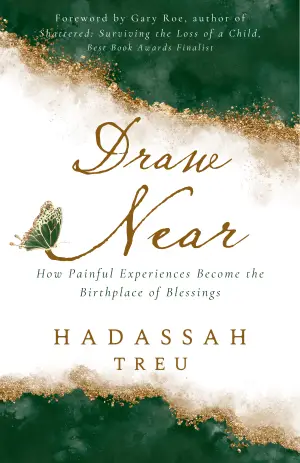Book Review: Ends of the Earth: Journeys to the Polar Regions in Search of Life, the Cosmos, and Our Future by Neil Shubin
As someone who’s always found magic in the extremes of the natural world, Neil Shubin’s latest work, Ends of the Earth, immediately drew me in. The promise of exploring the polar regions—those hauntingly beautiful, frigid landscapes where life not only survives but thrives—sparked a genuine curiosity. Shubin’s reputation as a distinguished paleontologist and evolutionary biologist precedes him, and my anticipation was high. What would he uncover about life, our cosmic connections, and the pressing challenges of climate change?
Diving into the book felt like embarking on an escapade alongside Shubin, who skillfully navigates readers through the icy terrains of Greenland to the wild expanses of Antarctica. His writing is refreshing and accessible, rich with vivid imagery that brings these polar environments to life. From the shimmering blue icebergs to the resilient organisms adapted to such hardships, I found myself captivated, transported to places I’d only ever dreamed of visiting.
The book brilliantly tackles several intertwined themes. Shubin’s exploration of adaptation and evolution is deeply insightful. He illustrates how organisms not only withstand, but also flourish in the harshest of climates. This revelation about life’s resilience resonated with me, shifting my perception of what it means to thrive. The narrative’s focus on climate change, too, struck a chord. As Shubin details the alarming effects on these ecosystems—once pristine but now vulnerable—I felt a palpable urgency. It serves as a stark reminder that the polar regions are not isolated; they’re indicators of global health, metaphorical canaries in the coal mine, if you will.
Adding to this rich tapestry is the theme of the interconnectedness of life. Shubin’s exploration reveals profound parallels between polar organisms and life elsewhere, emphasizing the unity of our biosphere. This perspective only deepened my appreciation for the complexities of life, and I couldn’t help but reflect on how we collectively play a role in this grand narrative.
The moment when Shubin takes us beyond Earth to consider the potential for life on other planets was, to me, a delightful twist that peppered the narrative with a sense of cosmic wonder. “If life can exist in the frigid embrace of the polar regions,” he muses, “can it not also find a foothold on distant worlds?" It’s a heartening thought that lingered with me long after I turned the last page.
I found Shubin’s call to action in the final chapters particularly compelling. His insistence on scientific literacy and proactive engagement struck me as not just an appeal, but a necessary clarion call for anyone concerned about the future of our planet. It’s more than an academic exploration; it’s a heartfelt invitation to understand the urgency of our times.
Ends of the Earth is an essential read for anyone passionately interested in ecology, climate science, or simply the wonders of our world. But it’s also for those seeking inspiration to take action. Personally, this book has enriched my understanding of the polar realms and ignited my passion for conservation in a very tangible way.
In a world often muddled by doom and gloom, Shubin’s narrative shines with resilience and hope. It’s an exploration that doesn’t just educate—it compels us to cherish and protect our beautiful planet. Whether you’re a science enthusiast or a casual reader, I wholeheartedly recommend you embark on this important journey. You might just find yourself changed, as I was.
Discover more about Ends of the Earth: Journeys to the Polar Regions in Sea… on GoodReads >>






